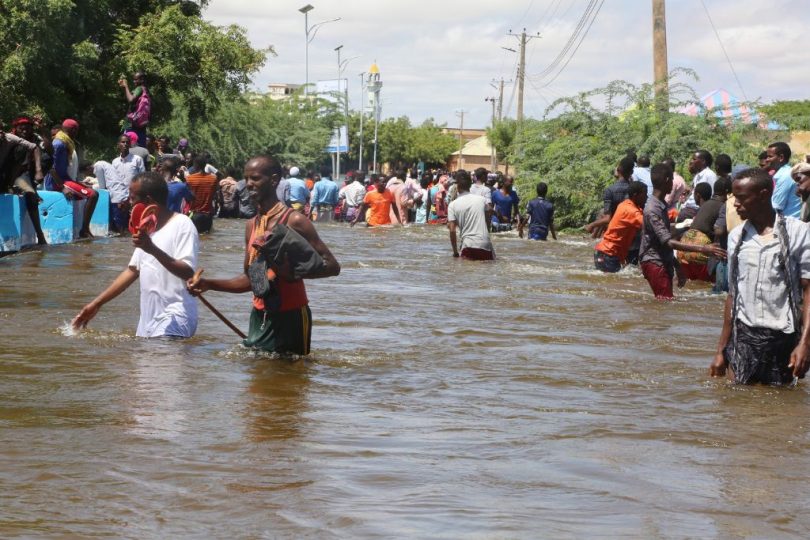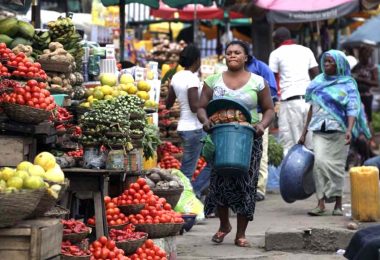East Africa is currently grappling with severe floods that are exacerbating the region’s food insecurity crisis, as warned by the United Nations World Food Programme (WFP). This comes after the region experienced five consecutive failed rainy seasons from 2020 to 2022, leading to a devastating drought that left millions in a state of food insecurity and malnutrition. The recovery from this drought is now being hindered by the recent floods.
The floods, which began with the October-December rains, have been significantly above average, causing widespread destruction of property, infrastructure, and crops, and leading to the loss of livestock and human lives. The impact is considerable, with nearly 3 million people affected and more than 1.2 million displaced from their homes. The most affected countries include Somalia, Ethiopia, and Kenya, followed by Sudan, South Sudan, Burundi, and Uganda. Forecasts suggest that the region could continue to experience heavy rains into early 2024.
Michael Dunford, the WFP Regional Director for Eastern Africa, highlighted the catastrophic effects of these extreme climate conditions, ranging from severe droughts to floods, stressing that the worst might still be ahead. The WFP has been active in providing food and cash assistance to nearly 580,000 people affected by the floods across the Horn of Africa. This is in addition to their ongoing relief operations in the region.

A section of road destroyed by floods in Mororo in northeastern Kenya on Nov. 30.Credit…Associated Press
In Somalia and Burundi, WFP provided anticipatory assistance to 230,000 people prior to the floods, through early warnings and cash transfers, enabling people to prepare by moving or purchasing essential supplies. In Ethiopia, the floods have impacted an estimated 1.5 million people across several regions, with over 400,000 people displaced in the Somali region alone.
The WFP is actively working to secure additional resources to reach up to 2 million more people affected by the floods. However, the scale of the crisis demands more support and an expansion of operations. Dunford emphasized the need for developed nations to assist countries like Somalia and Ethiopia, which are disproportionately bearing the high price of the climate crisis, calling for a focus on preparedness and protection before such predictable shocks occur.
For more detailed information on this situation, you can refer to the reports by the World Food Programme.







